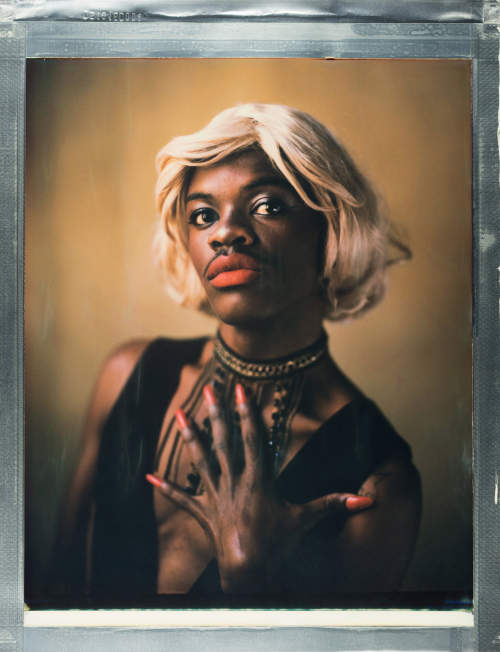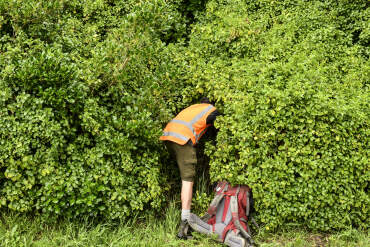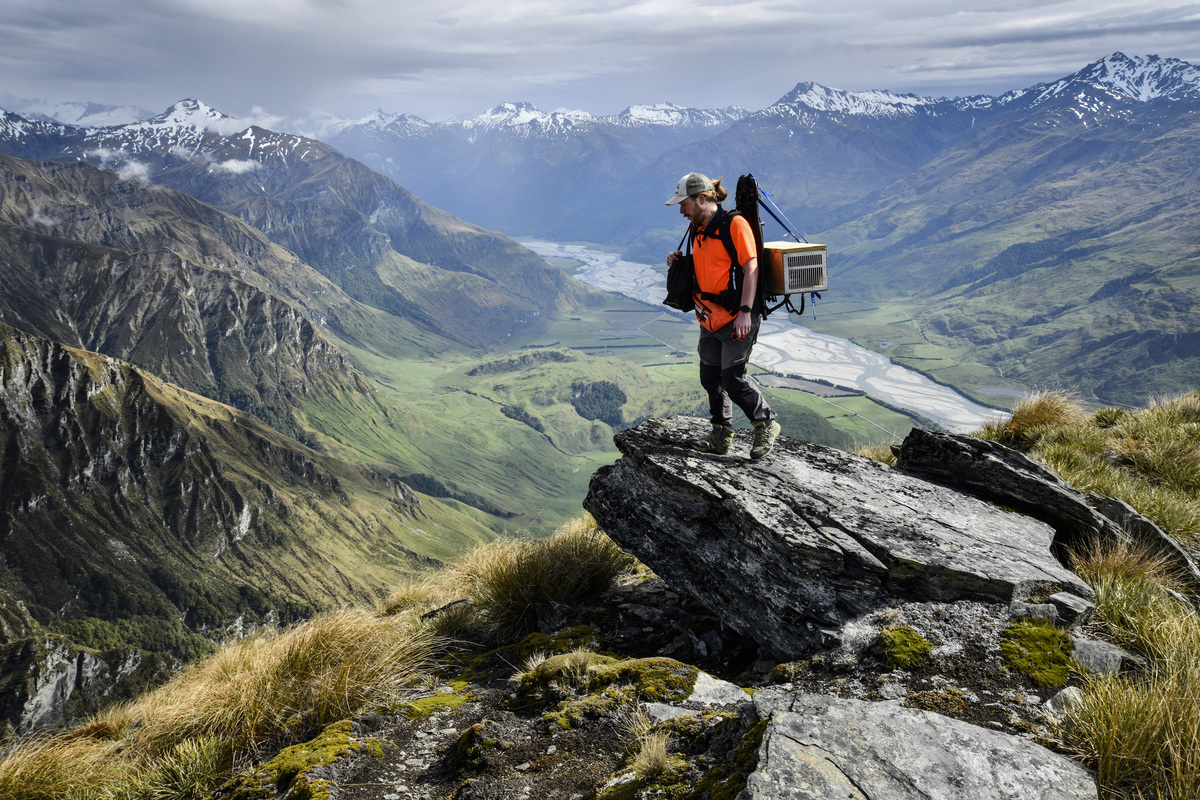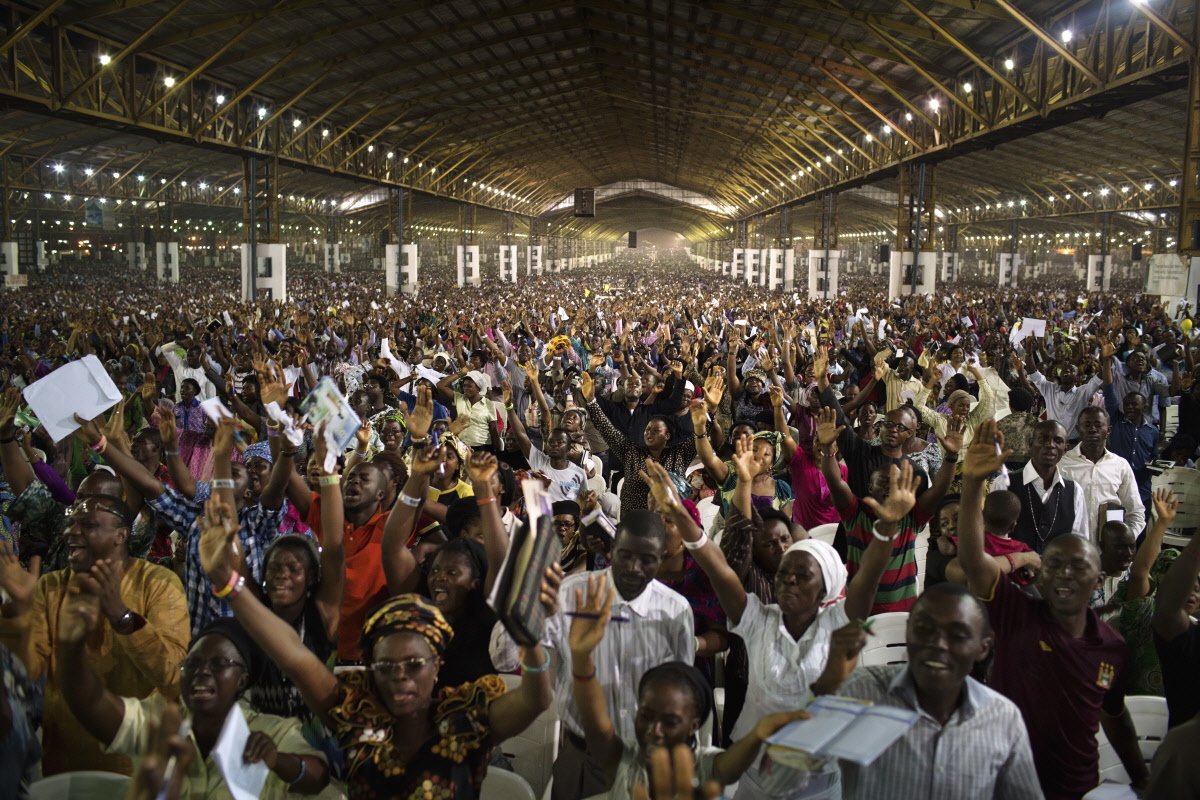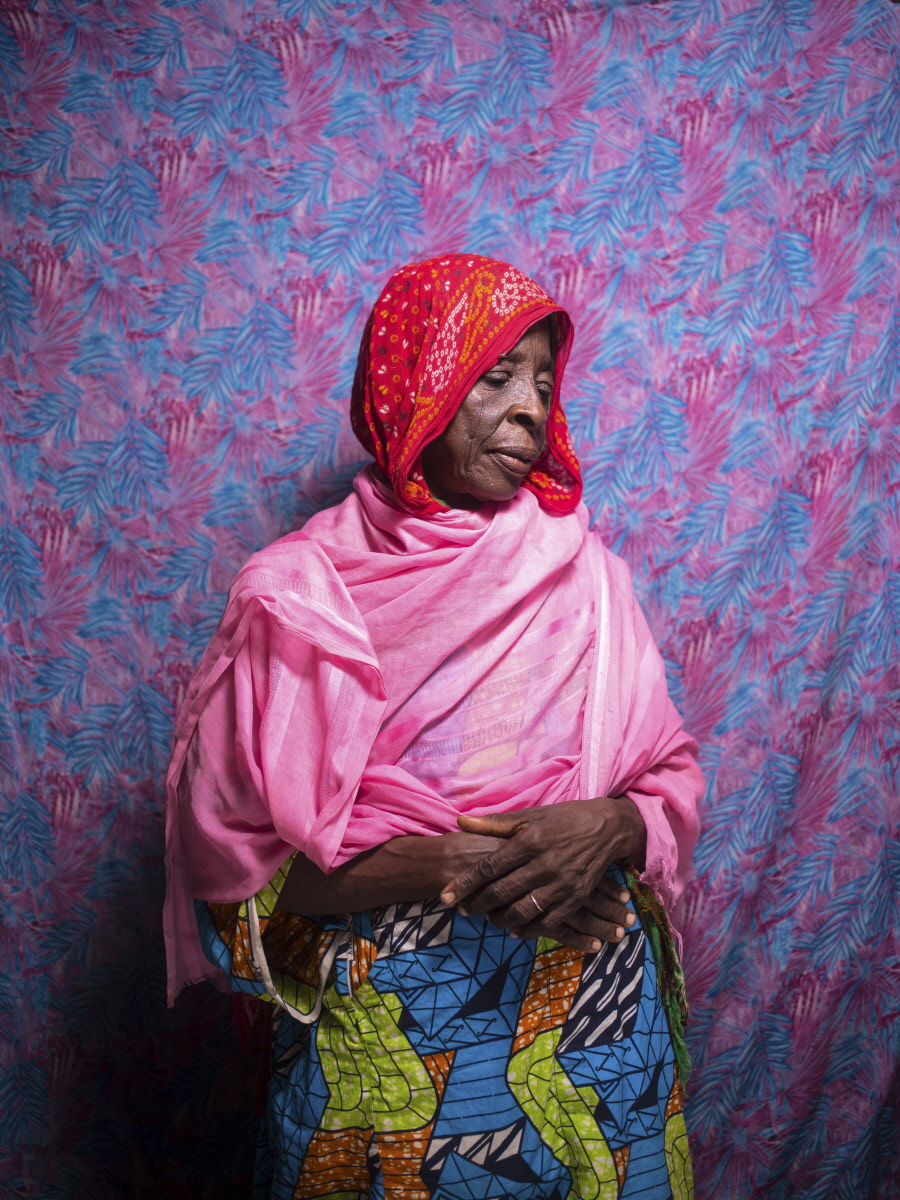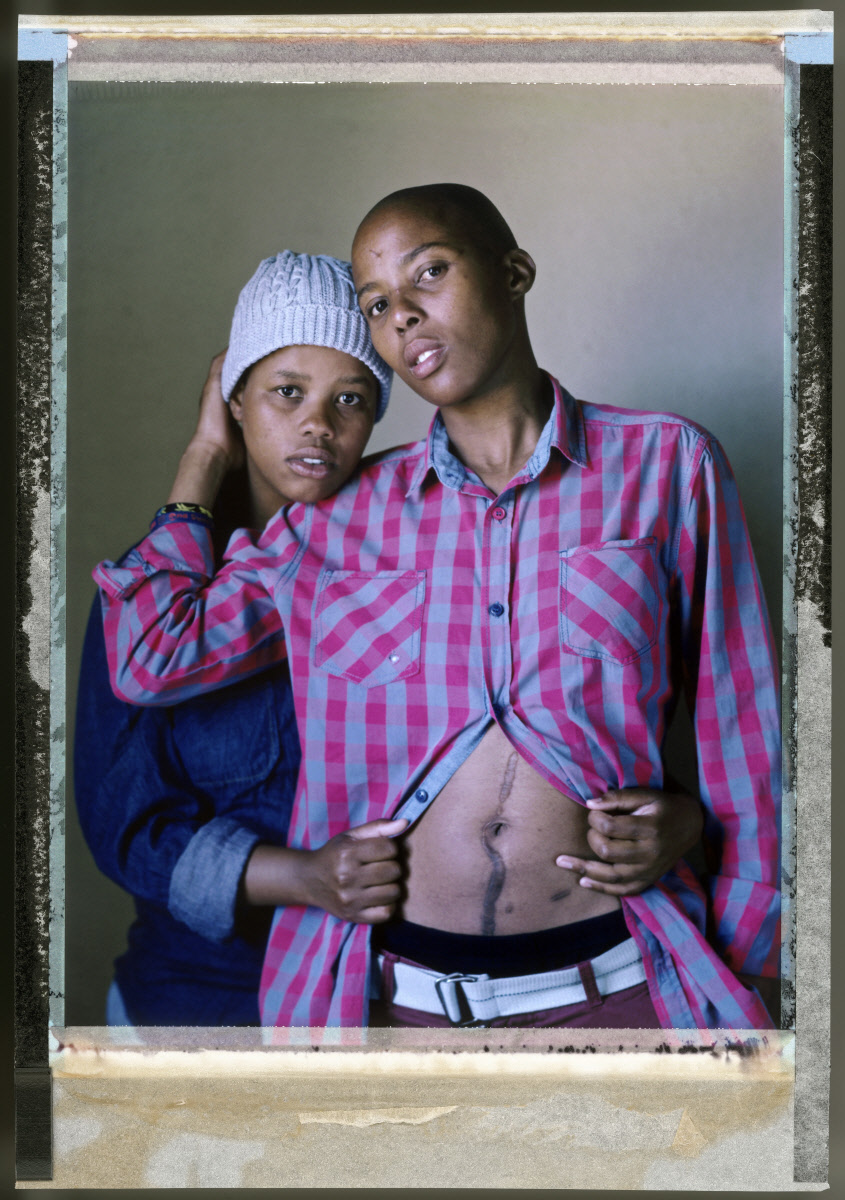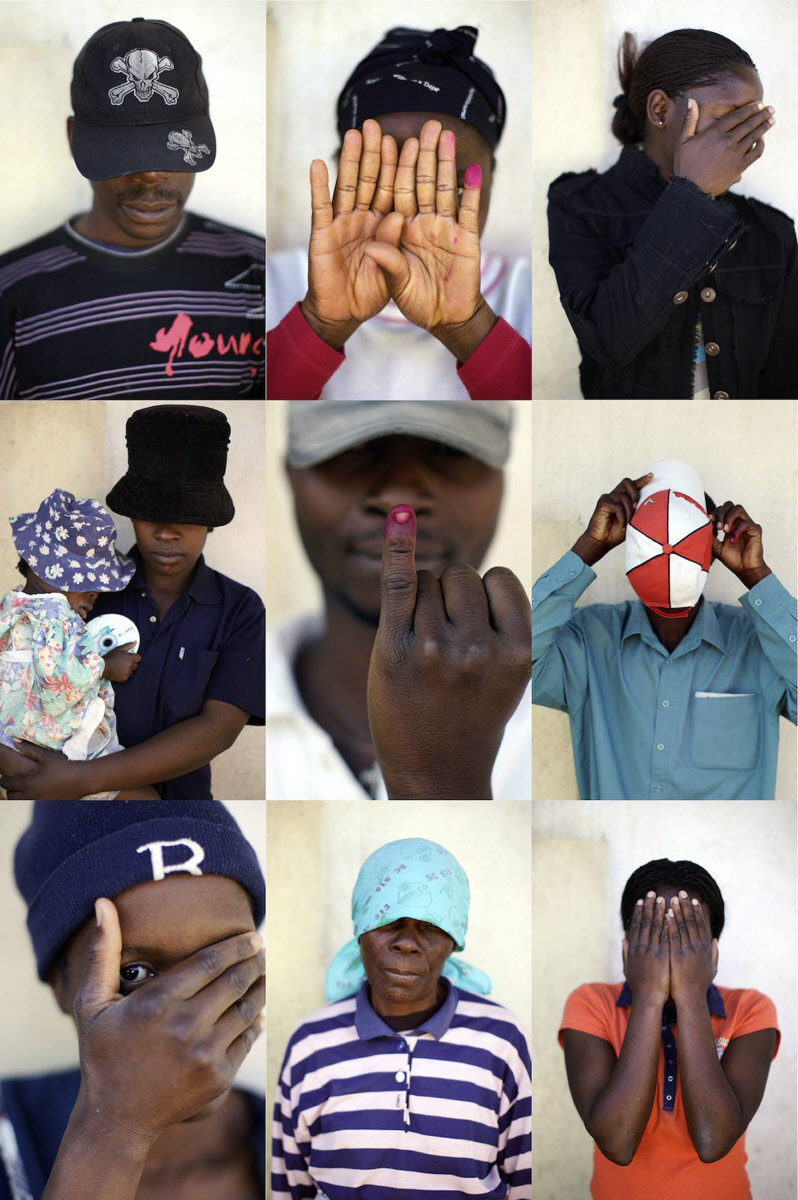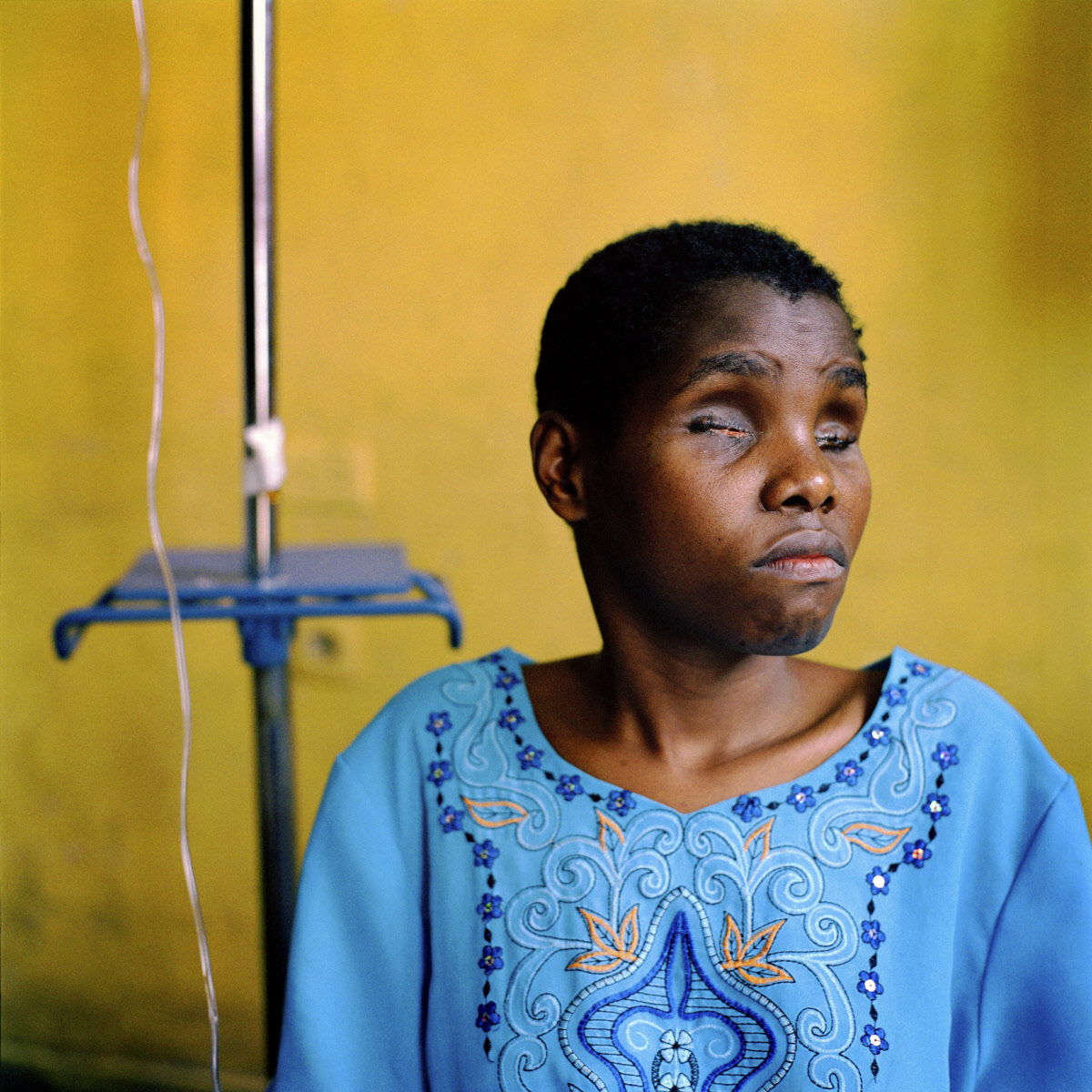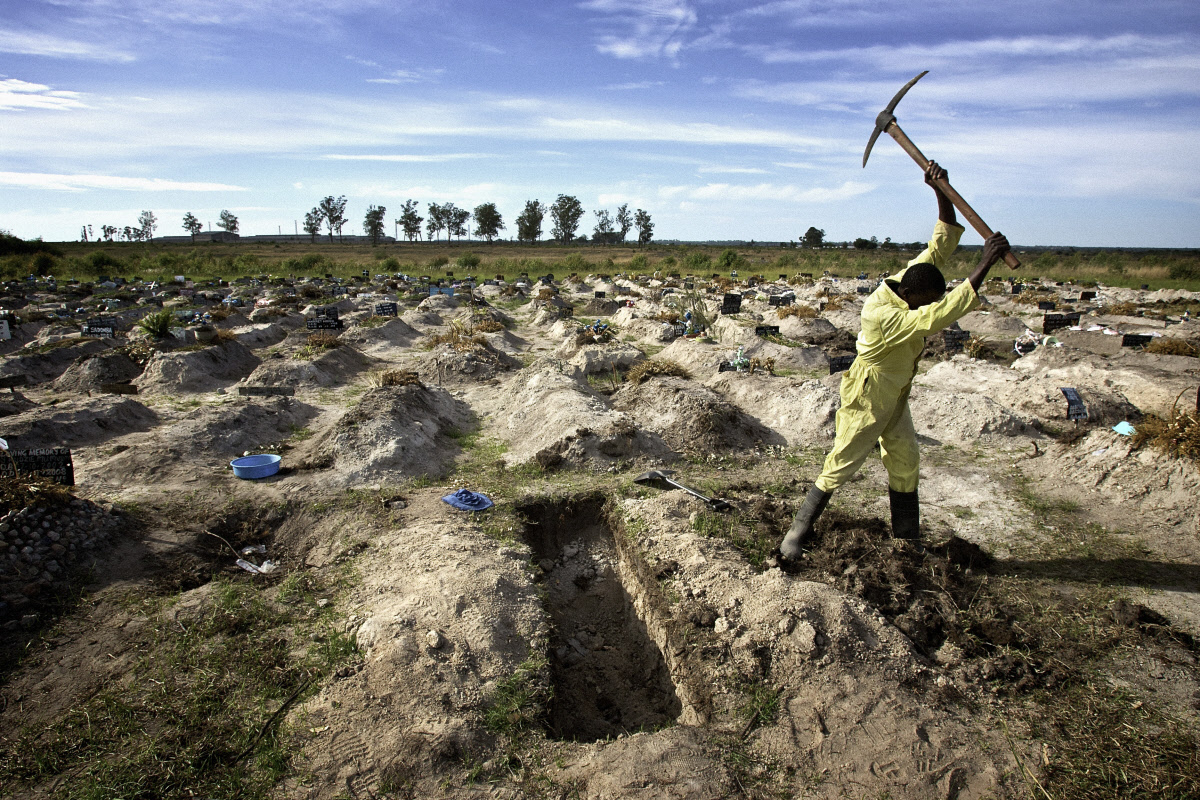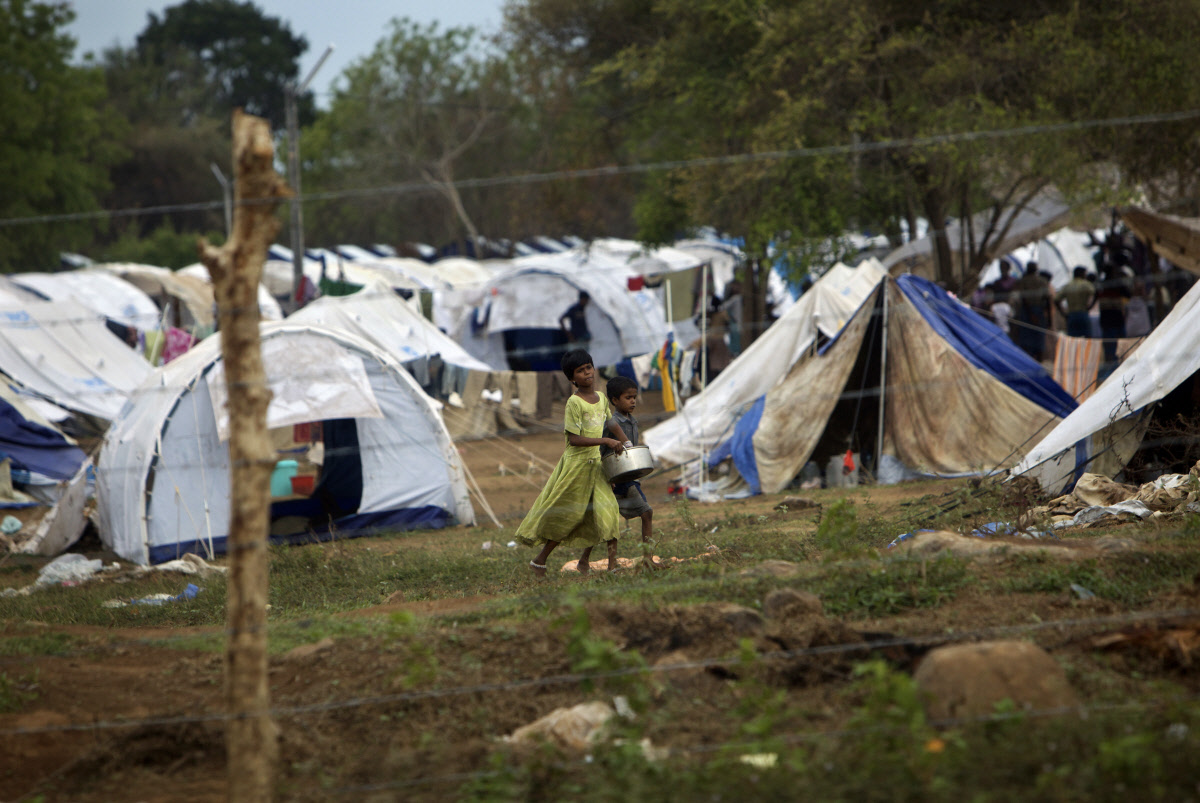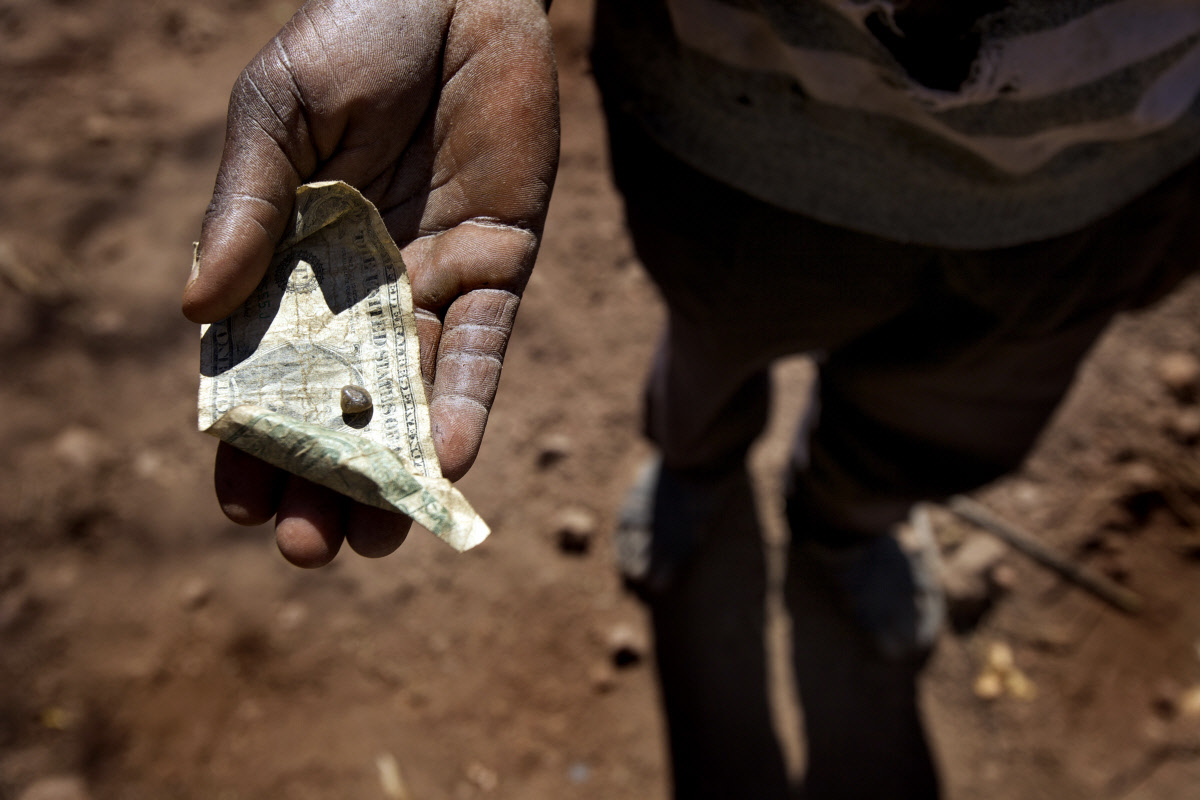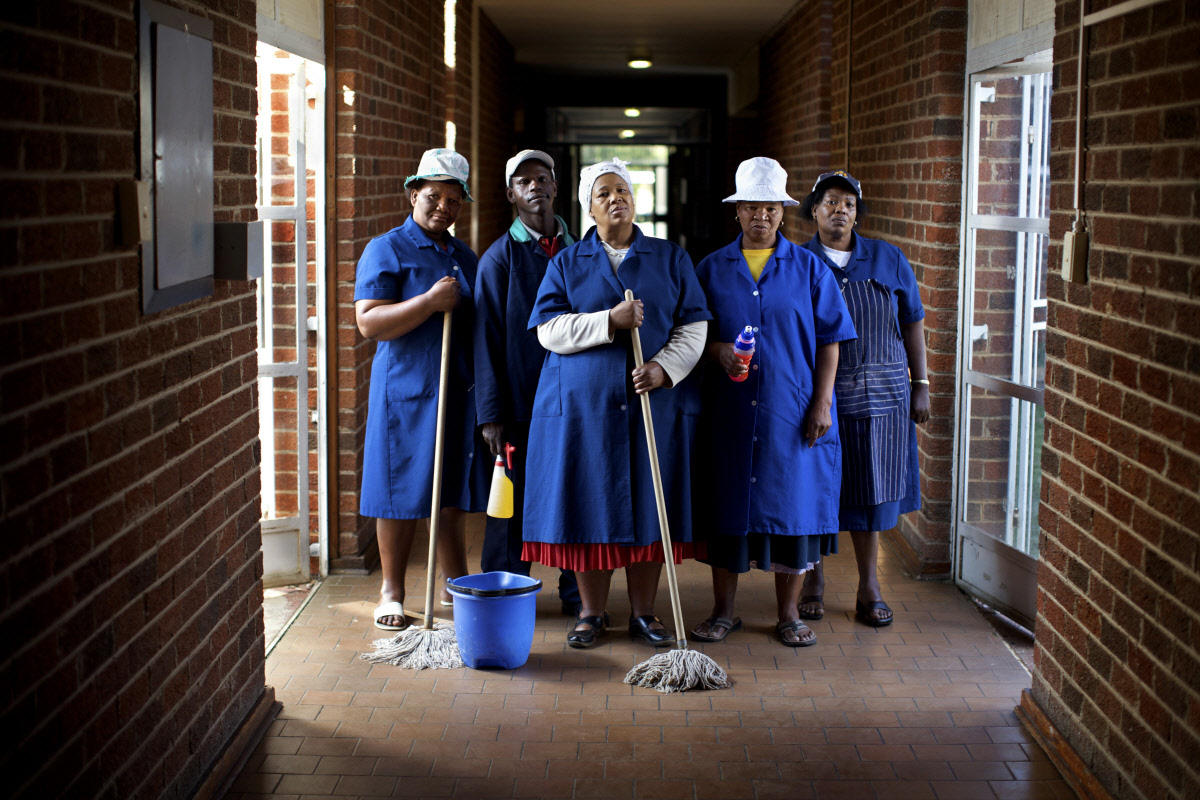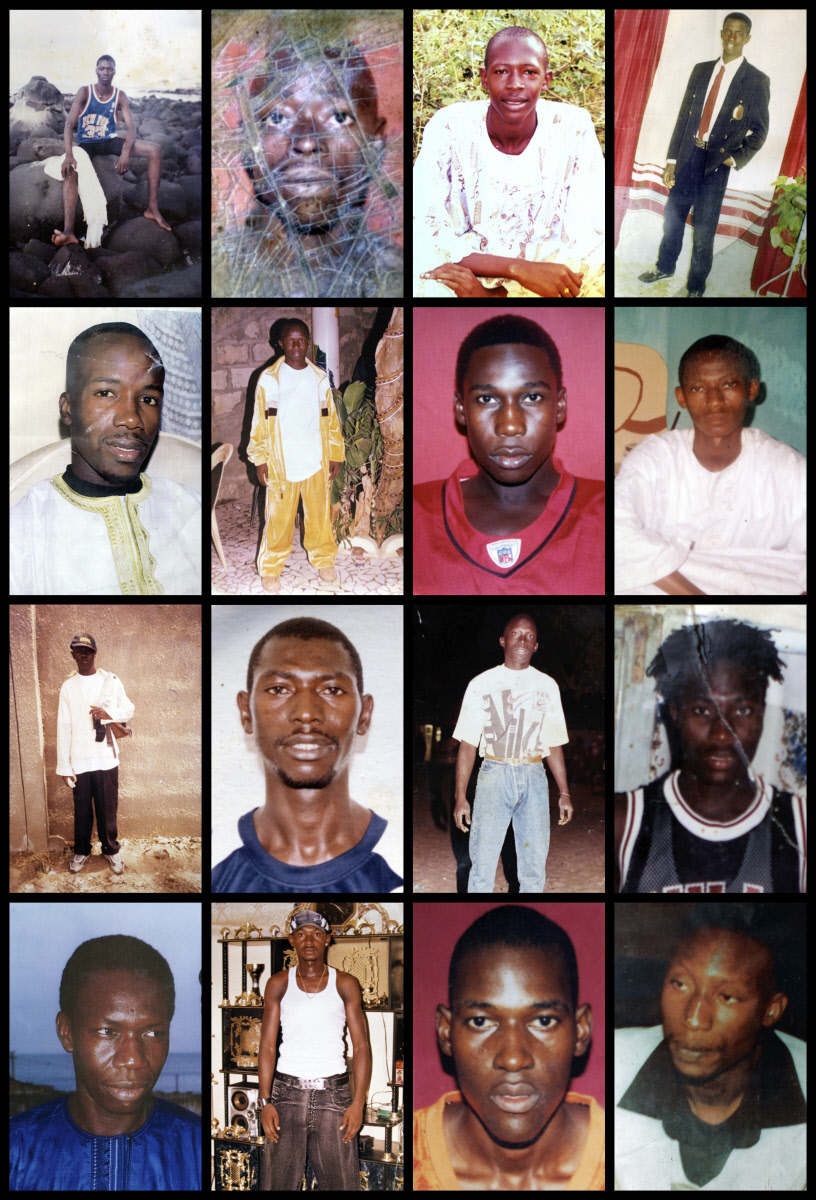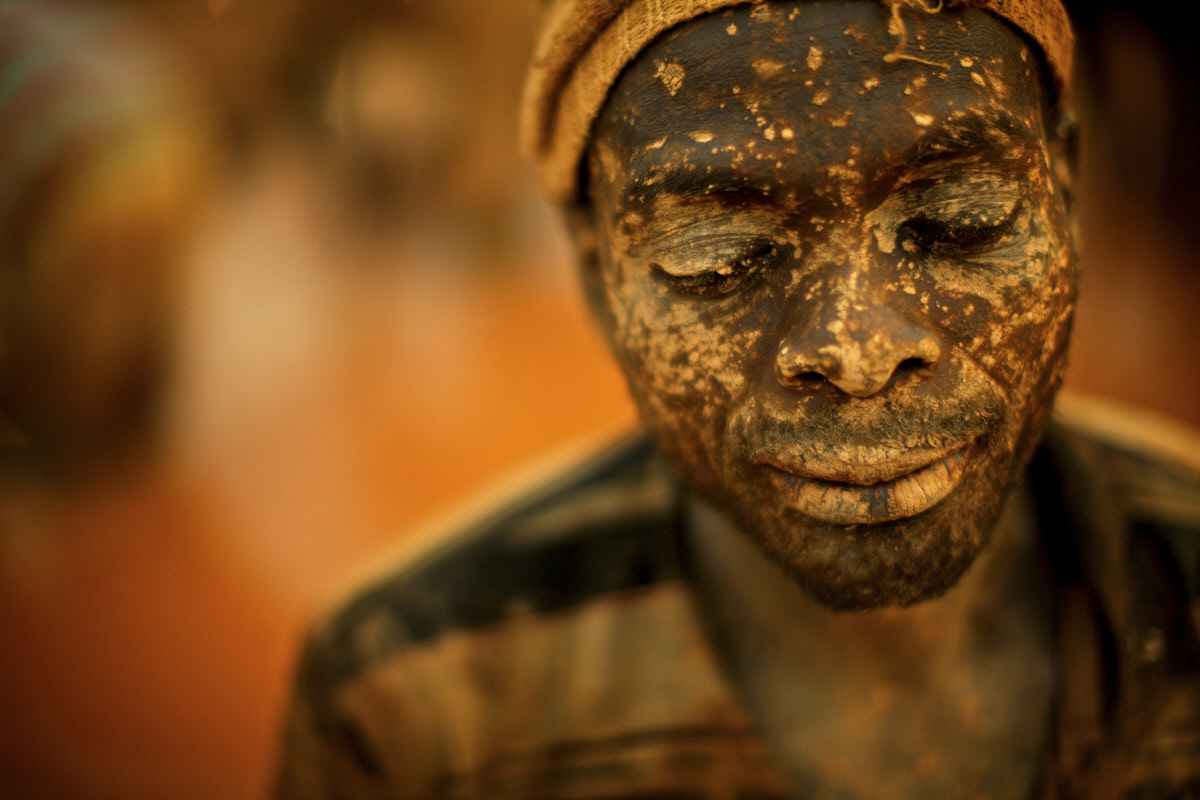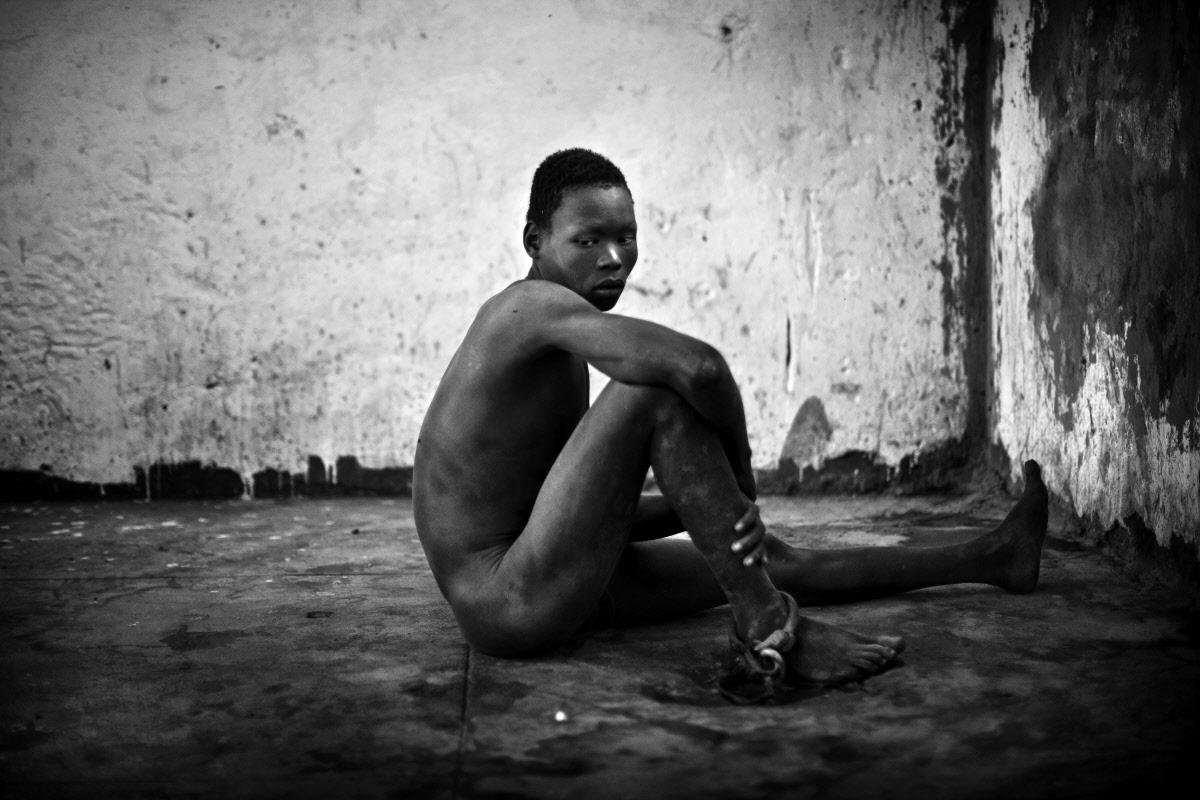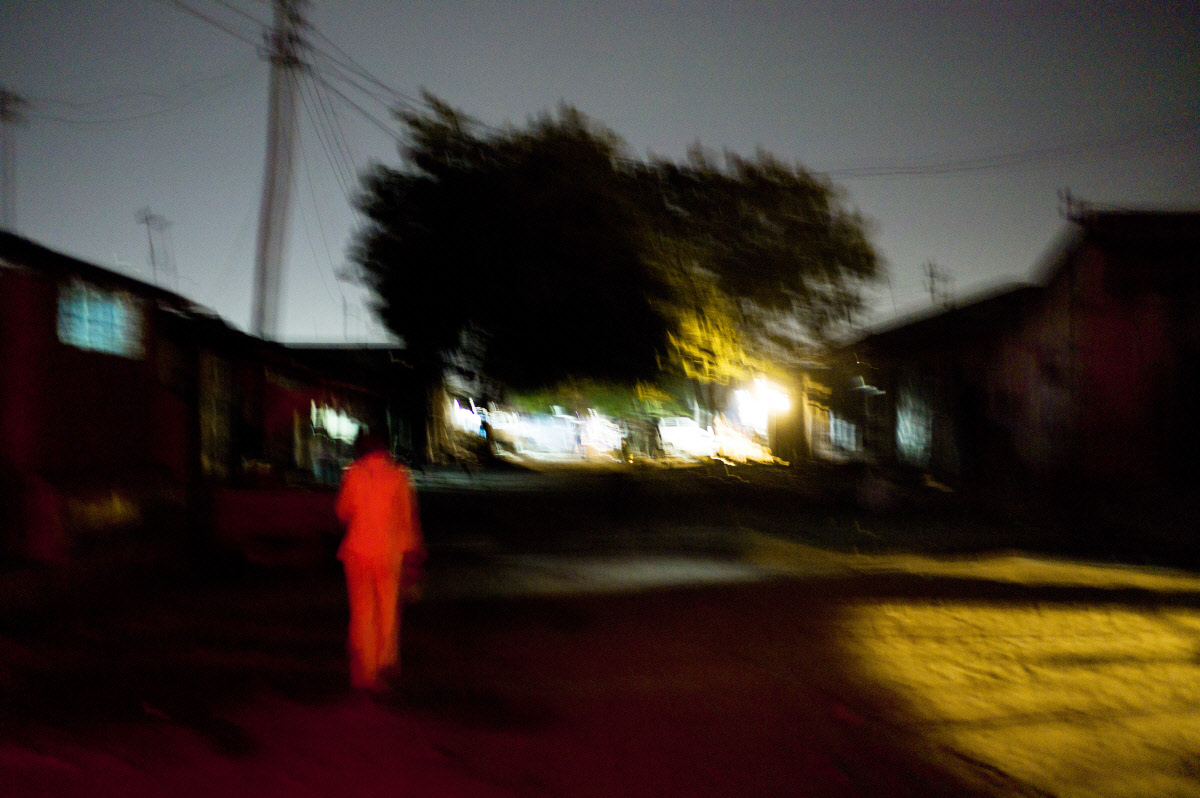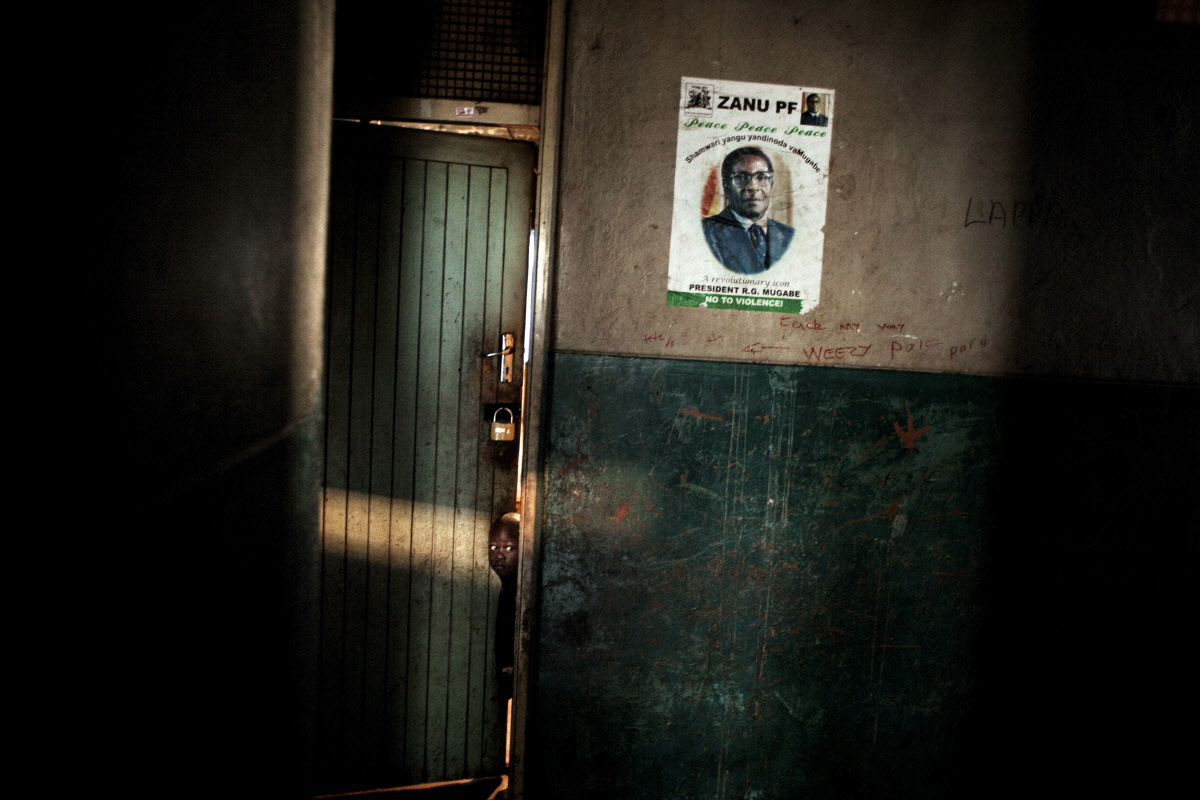Biography
The winner of two World Press Photo prizes, the RF Kennedy Journalism Award, five Pictures of the Year International (POYi) Awards, the W.Eugene Smith Award for Humanistic Photography, the recipient of six Amnesty International awards for Human Rights journalism, and named by Foreign Policy as one of the '100 Leading Global Thinkers' Robin Hammond has dedicated his career to amplifying narratives of marginalised groups through long term photographic projects.
His work on homophobia and trans-phobia around the world - Where Love Is Illegal - has become a popular social media campaign gaining 100,000 followers in the first three months after it launched, and has been exhibited around the world and featured in many publications including on the cover of Time Magazine. It was the subject of his TEDx Talk delivered in November 2015.
His most recently launched project, ‘In My World’, is a platform of stories about the lives and environments of people living with mental health problems. With this award winning work Robin partners with not-for-profit organisations to elevate these hidden stories. In the first three months after its launch on social media, stories from ‘In My World’ had reached five million people.
Robin is dedicated to have the stories he produces come from the people at the heart of the issues he’s documenting. The personal testimony driven storytelling of Where Love Is Illegal, In My World and video work for National Geographic illustrate his commitment to the voices of the people whose lives he photographs.
Robin is the founder of Witness Change, a non-profit organisation dedicated to advancing human rights through highly visual story telling.
His work has appeared on television, online and worldwide in magazines and newspapers. He is a National Geographic and Time Magazine contributing photographer.
Born in New Zealand, Robin has lived in Japan, South Africa, France and the United Kingdom.
-
Featured Story
72 countries around the world have criminal laws against sexual activity by lesbian, gay, bisexual, transgender or intersex peop
In war and conflict, women are often sidelined or forgotten and all too often become the victims of violence.
Somaliland, a self-declared independent state covering the northern third of Somalia, is not known as an economic powerhouse with the fourth lowest GDP in the world.
Despite changes in the law and increased tolerance in many parts of the world, the lives of lesbian, gay, bisexual, transgender and intersex (LGBTI) people in some regions are still blighted by persecution and the denial of basic human rights.
Basamae The last thing Basamae Maombi would see was the face of the man raping her.
Zimbabweans are facing a ferocious cholera epidemic which has affected more than 90,000 people since August 2008 and killed at least 4,100.
A bloody denouement to 26 years of civil war has left Sri Lanka’s minority Tamil population facing an uncertain future.
Amid the bleakly beautiful mountainscape of eastern Zimbabwe, a vast new diamond field was discovered in 2006.
Clutching her mop and standing in a pool of dirty water, Laukaziemma Koko stands apart.
Exhausted and caked in mud, they plough wearily on searching toxic water for traces of gold.
Some groups either affected by or suffering from HIV/AIDS do not have access to proper care.
The West is accustomed to tales of barbarism committed in third world countries by military regimes led by ill-educated thugs in uniform – Bokassa, Amin, Pol Pot.

